6 x 10M ISO 6 Modular Cleanroom
Reference Price:US$15000-25000



Cleanroom
6 x 10M ISO 6 Modular Cleanroom
Choose your installation & validation options below
Quantity:
Choose your Cleanroom frame structure material
Quantity:
Choose your Cleanroom Wall enclosure materials
Quantity:
Choose your Temperature requirements
Quantity:
Choose your humidity requirements
Quantity:
Choose your Explosion-proof requirements
Quantity:
Summary
6 x 10M ISO 6 Modular Cleanroom
Validation
Installation & Validation
Find Similar Products
-

5 x 15M ISO 6 Modular Cleanroom
US$18000-56000 USD/Set
Min. Order:1 Set -

6 x 10M ISO 6 Modular Cleanroom
US$18000-56000 USD/Set
Min. Order:1 Set -

6 x 8M ISO 6 Modular Cleanroom
US$18000-56000 USD/Set
Min. Order:1 Set -

6 x 6M ISO 6 Modular Cleanroom
US$18000-56000 USD/Set
Min. Order:1 Set -

5 x 10M ISO 6 Modular Cleanroom
US$18000-56000 USD/Set
Min. Order:1 Set -

5 x 8M ISO 6 Modular Cleanroom
US$18000-56000 USD/Set
Min. Order:1 Set
Cleanrooms Detail
A 3 x 3 meter ISO Class 6 modular cleanroom is a controlled environment designed to meet the stringent air cleanliness requirements of ISO 14644-1 standards. It’s a compact, customizable solution for industries that require a high level of contamination control, such as pharmaceuticals, biotechnology, electronics, or precision manufacturing. Let’s break down what this means and why it’s useful.

| Cleanroom Project Scope(from structure, HVAC,electric to autoc ontrol) | 1. Cleanroom Structure: Wall Panel, Ceiling Panel, Windows, Doors, Fttings, Flooring |
| 2. HVAC: AHU, Chiller, dehumidifier, Ducting, Piping, etc. | |
| 3. Electric: Lighting, Switch, Cables, Wires, Power Distribution Cabinet, etc | |
| 4. Auto- control: PLC Controller, Sensors for Humidity and Temperature, Control Panel | |
| 5. Process Piping System: Gas, Water Pipeline | |
| Equipment | Air shower, Cargo shower, Mist shower, Dynamic pass box, Static pass box, Sampling booth,Weighing booth, Dispensing booth, |
| Medicine stability test chamber, isolator, VHP sterilizer,Biological safety chamber, FFU, LAF, etc. | |
| Temperature | 21-27*C (or as per required) |
| Humidity | 30-60°C (or as per required) |
| Application | Pharmaceutical factory, hospital, medical device factory, electronics factory, food factory,cosmetics factory, etc. |
| Qualification Documents | CE GMP ISO |
| Full Service | FAT and SAT Service, Professional Consultation, Training, 24 hours technical support |
Applications
A cleanroom of this size and classification is ideal for small-scale operations that require a controlled environment. Common uses include:
Pharmaceuticals: Sterile drug formulation or packaging.
Biotechnology: Cell culture or microbiological work.
Electronics: Assembly of sensitive components like microchips.
Medical Devices: Manufacturing or testing of sterile devices.
Research Labs: Small-scale experiments requiring contamination control.
Advantages of a Modular Cleanroom
Flexibility: Modular cleanrooms can be easily expanded, relocated, or reconfigured to meet changing needs.
Cost-Effective: Smaller size reduces construction and operational costs compared to larger cleanrooms.
Quick Installation: Prefabricated panels and components allow for faster setup compared to traditional cleanrooms.
Compliance: Designed to meet ISO 14644-1 standards, ensuring regulatory compliance for industries like pharmaceuticals and electronics.





Cleanrooms Airflow
When designing the airflow system for an ISO 6 modular cleanroom, several factors must be considered:

Air Changes Per Hour (ACH):
ISO Class 6 cleanrooms typically require 70-160 air changes per hour to maintain cleanliness.
The exact number depends on the cleanroom’s size, usage, and contamination sources.
Cleanrooms Installation
Cleanrooms Testing
Importance of testing
Clean room testing is extremely important to ensure product quality and the stability of the production environment. It can help to confirm whether the clean room meets the intended cleanliness requirements, and whether the various environmental indicators comply with the specified standards.

Testing Standards
ISO 6 Modular Cleanroom Testing Standards are guided by ISO 14644-1 and related protocols to ensure compliance and performance. Key standards include:
Particle Count Testing: Verifies airborne particle levels (≤35,200 particles ≥0.5 µm/m³).
Airflow Velocity Testing: Ensures proper airflow speed and uniformity.
Filter Integrity Testing: Detects HEPA/ULPA filter leaks using DOP/PAO aerosols.
Pressure Differential Testing: Maintains positive pressure to prevent contamination.
Air Changes Per Hour (ACH): Confirms sufficient air replacement (70-160 ACH).
Recovery Testing: Measures contamination recovery time.
Environmental Monitoring: Tracks temperature, humidity, lighting, and noise levels.
These standards ensure the cleanroom meets ISO Class 6 requirements for controlled environments.
FAQ
What are the lighting requirements for ISO 6 cleanrooms?
ISO 6 cleanrooms require specific lighting levels to ensure visibility without generating contamination. Lighting should be bright enough, typically around 300-500 lux, while using non-reflective fixtures to minimize particle accumulation.
What is a modular cleanroom?
A modular cleanroom is a customizable, prefabricated environment designed to meet specific cleanliness standards. It can be easily assembled, disassembled, and relocated as needed. This flexibility allows for efficient space utilization and quick adaptation.
What are the key components of a modular cleanroom design?
Key components of a modular cleanroom design include:
- Wall panels
- Ceiling systems
- Flooring materials
- HVAC systems
- Air filtration units
These elements work together to create a controlled and sterile environment.
What materials are used in modular cleanroom construction?
Common materials used in modular cleanroom construction include:
- Steel or aluminum frames
- Non-porous wall panels
- Vinyl flooring
- HEPA filter systems
- Anti-static surfaces
These materials help maintain cleanliness and durability in the cleanroom environment.
What are the usage limitations of modular cleanrooms?
Modular cleanrooms have several usage limitations:
- Limited to specific cleanliness classifications
- Environmental controls may vary
- Restrictions on hazardous material handling
- Not suitable for all manufacturing processes
- Potential structural limitations
These factors can influence their application in various industries.
How to implement a quality management system in a cleanroom?
Implementing a quality management system in a cleanroom involves:
- Establishing standard operating procedures (SOPs) for processes.
- Training personnel on quality protocols and compliance.
- Regularly auditing and reviewing practices to ensure adherence.
Such measures maintain product quality and regulatory compliance.
What is the cost-benefit analysis of modular cleanrooms?
The cost-benefit analysis of modular cleanrooms includes:
- Initial investment versus long-term savings
- Flexibility and scalability benefits
- Reduced construction time and labor costs
- Potential for increased productivity and efficiency
- Compliance with industry regulations
This analysis helps organizations assess financial viability and operational advantages.
What is the importance of airflow in cleanroom design?
Airflow is crucial in cleanroom design for maintaining contamination control. Proper airflow patterns reduce particle accumulation and ensure uniform distribution of clean air. It helps maintain the required cleanliness levels and promotes a safe working environment.
How does air pressure affect cleanroom performance?
Air pressure significantly impacts cleanroom performance by controlling airflow direction and preventing contamination ingress. Maintaining positive pressure relative to surrounding areas helps keep airborne particulates outside. Regular monitoring ensures compliance with cleanliness standards.
What is the frequency of environmental monitoring in ISO 6 cleanrooms?
Environmental monitoring in ISO 6 cleanrooms typically occurs at regular intervals, such as:
- Daily checks for temperature and humidity
- Weekly particulate monitoring
- Monthly microbial testing
- Continuous monitoring for air quality
These frequencies ensure compliance with cleanliness standards and operational efficiency.
What is the importance of personnel monitoring in cleanrooms?
Personnel monitoring is essential in cleanrooms to prevent contamination. Tracking staff movements and behaviors helps identify potential contamination sources. Implementing monitoring protocols maintains the integrity of the controlled environment.
What are the best practices for cleanroom maintenance?
Best practices for cleanroom maintenance include:
- Regular cleaning and disinfection protocols
- Routine equipment inspections and calibrations
- Monitoring environmental parameters consistently
- Training staff on contamination control procedures
- Documenting maintenance activities for compliance
These practices ensure optimal cleanroom performance and compliance with standards.
How to design a modular cleanroom?
Designing a modular cleanroom involves several key steps:
- Assessing specific cleanliness requirements and processes.
- Planning the layout for workflow efficiency and compliance.
- Selecting appropriate materials and components for construction.
- Ensuring HVAC and filtration systems meet standards.
- Implementing monitoring systems for environmental control.
This structured approach helps create an effective cleanroom environment.
What are the temperature and humidity control requirements for ISO 6 cleanrooms?
ISO 6 cleanrooms require temperature control between 20-24°C and relative humidity levels between 30-60%. Maintaining these parameters is essential for preventing contamination and ensuring product quality. Regular monitoring ensures compliance.
What are the common types of cleanroom construction materials?
Common types of cleanroom construction materials include:
- Stainless steel for surfaces
- Modular wall panels
- Vinyl or epoxy flooring
- HEPA filters
- Anti-static materials
Factory Production Workshop Video
Factory Photo
Product Packaging And International Logistics
Product International Certification

Find Other Common Equipment Recommendations
-

Modular CleanRoom
US$9000-10000 USD/Unit
Min. Order:1 Set -

Air Shower
US$1000.00-5000.00 USD/Unit
Min. Order:1 Set -

Downflow Booth
US$3000-6000 USD/Unit
Min. Order:1 Set -

Clean bench
US$600-2000 USD/Unit
Min. Order:1 Set -

Air Filter
US$3-50 USD/Unit
Min. Order:1 Set -

Cleanroom Wall Panels
US$10-20 USD/sq.
Min. Order:1 Set -
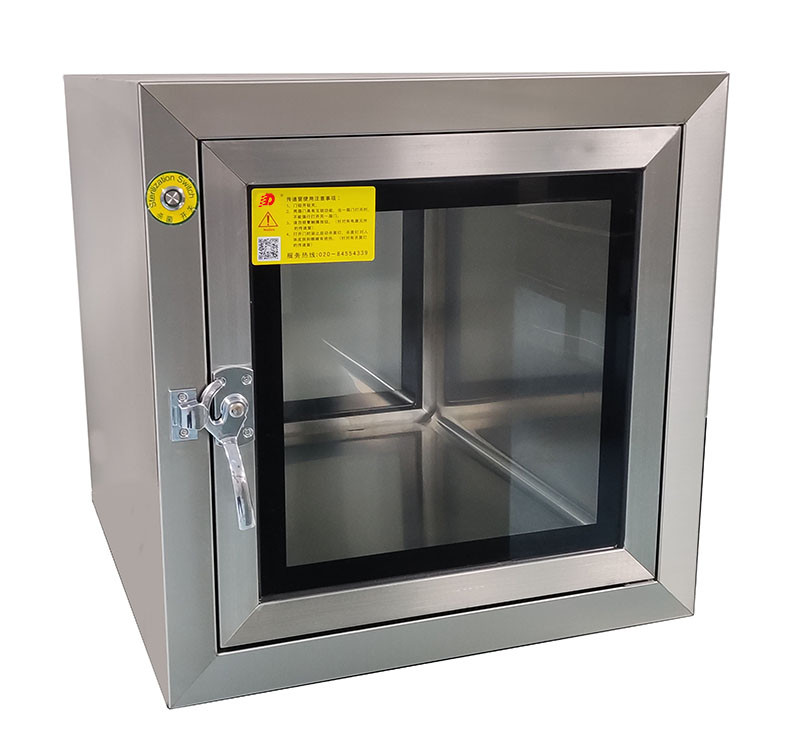
Pass Box
US$200-500 USD/Unit
Min. Order:1 Set -
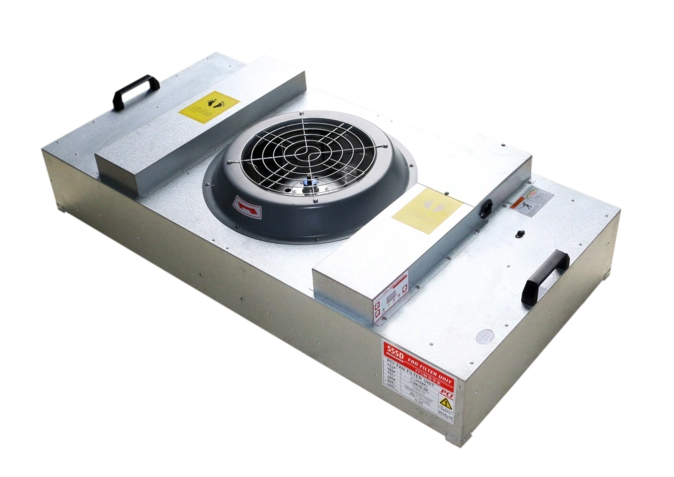
FFU
US$135-350 USD/Unit
Min. Order:1 Set -
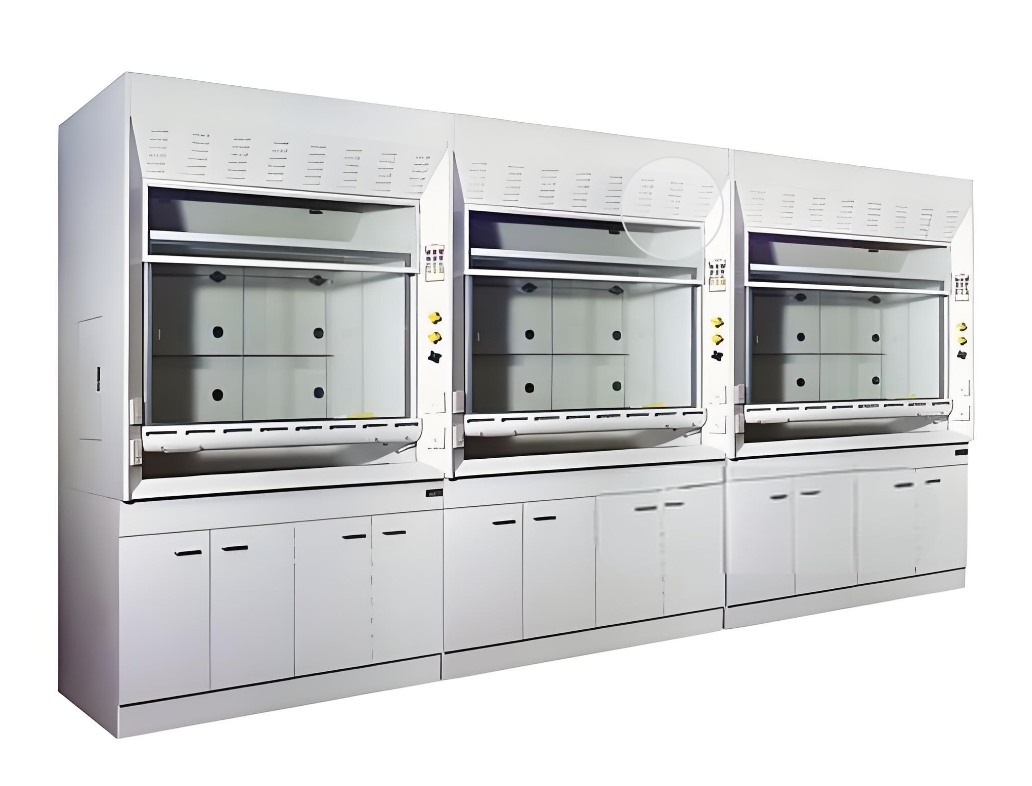
Fume Hood
US$700-1500 USD/Unit
Min. Order:1 Set -
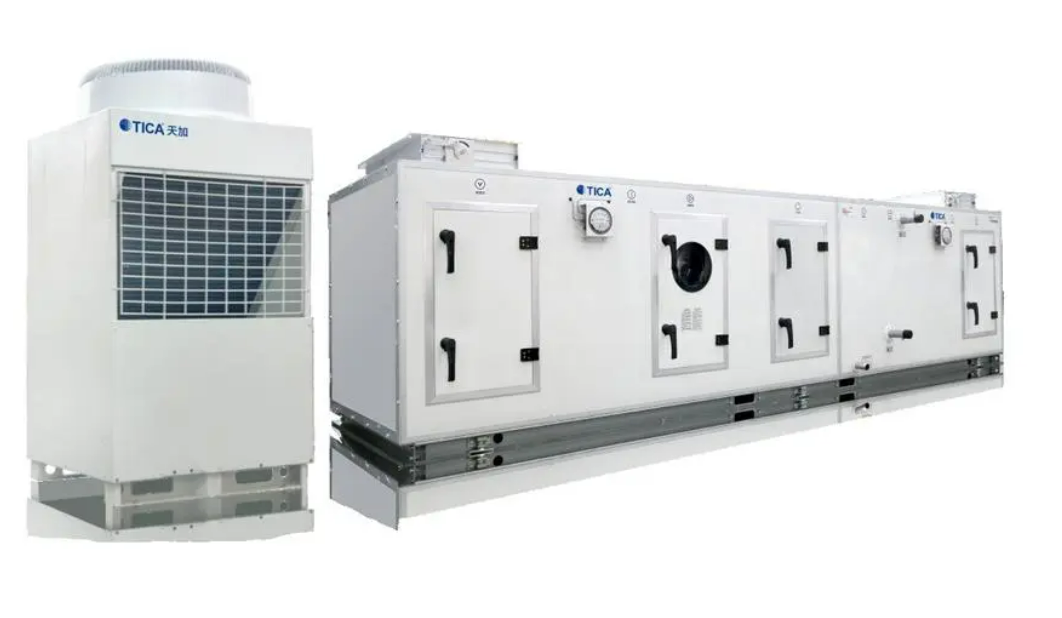
Cleanroom HVAC
US$5000-20000 USD/Unit
Min. Order:1 Set -
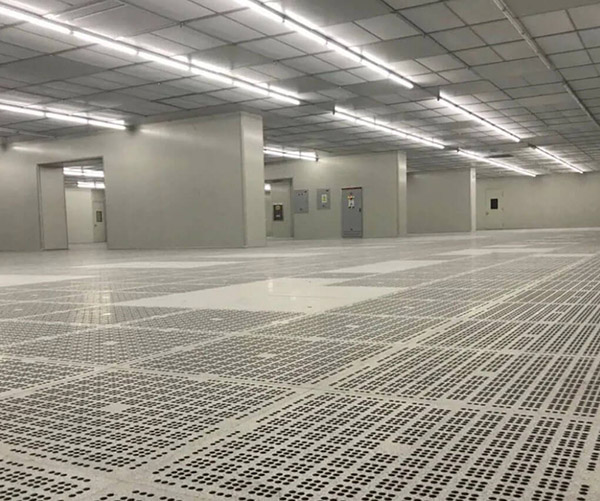
Clean room floor
US$5-20 USD/Sq.
Min. Order:1 Set -
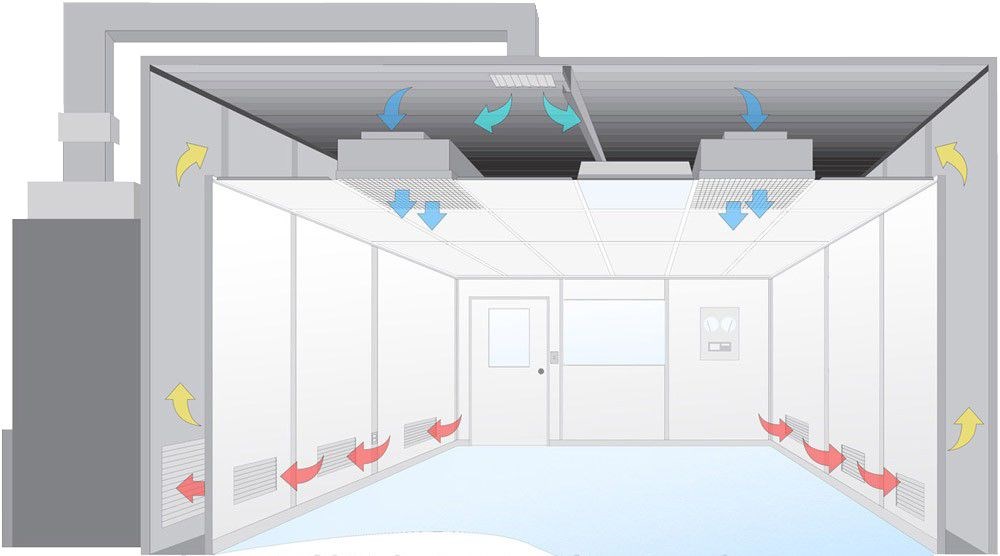
Clean room ceiling
US$
Min. Order:1 Set
 +86 18186671616
+86 18186671616 Jason@cleanroomequips.com
Jason@cleanroomequips.com
 MENU
MENU














